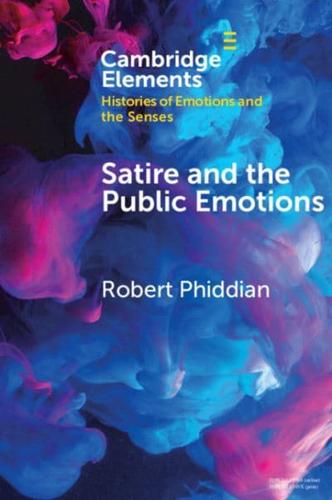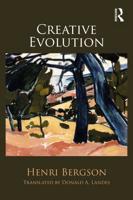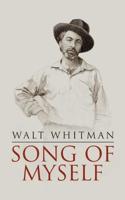Publisher's Synopsis
The dream of political satire - to fearlessly speak truth to power - is not matched by its actual effects. This study explores the role of satirical communication in licensing public expression of harsh emotions defined in neuroscience as the CAD (contempt, anger, disgust) triad. The mobilisation of these emotions is a fundamental distinction between satirical and comic laughter. Phiddian pursues this argument particularly through an account of Jonathan Swift and his contemporaries. They played a crucial role in the early eighteenth century to make space in the public sphere for intemperate dissent, an essential condition of free political expression.










